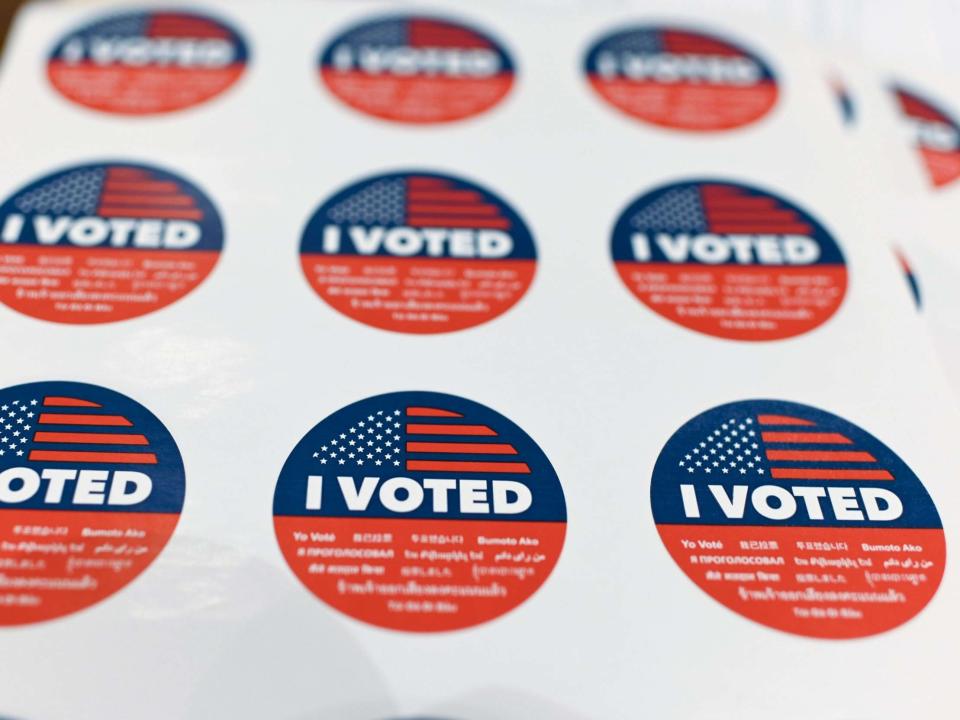Judge rules against Florida Republican-backed law blocking felons from voting until they pay legal fees

A federal judge in Tallahassee ruled on Sunday night that Florida law can't stop felons from voting because they can't pay back any legal fees and restitution they owe.
The judge's decision could have deep ramifications as the state’s estimated 774,000 disenfranchised felons represent a significant voting bloc.
Florida is well known for razor-thin election margins, and many of those felons are people of colour and presumed to be Democrats, which could have a major impact on the 2020 election.
In 2018, Florida voters approved Amendment 4, restoring voting rights for felons in the state who have served their sentences.
A subsequent bill, passed by the state legislature and signed by Governor Ron DeSantis, attempted to define what it means to complete a prison sentence, requiring felons to pay all fines, restitution and other legal financial obligations before their sentences can be considered fully served.
In a 125-page ruling, US District Judge Robert Hinkle called the law a “pay-to-vote system” saying that court fees are a tax, and that it creates a new system for determining whether felons are eligible to vote.
Acknowledging the partisan nature of the bill, during a trial earlier this month Hinkle asked during the state's closing argument: “Why is it all the Republicans voted yes, and all the Democrats voted no?”
“That was not a coincidence,” he said. “It would be stunning if somebody told me that they did not realise that African Americans tend to vote Democratic.”
The governor's office is reviewing the ruling, Helen Aguirre Ferre, the governor's spokeswoman, said in an email on Monday morning.
Judge Hinkle wrote that his order affirms that the state of Florida can “condition voting on payment of fines and restitution that a person is able to pay but cannot condition voting on payment of amounts a person is unable to pay.”
Reaction was quick following the holiday weekend ruling.
Julie Ebenstein, senior staff attorney with American Civil Liberties Union's Voting Rights Project, called Judge Hinkle's ruling a “tremendous victory for voting rights.”
“The court recognised that conditioning a person's right to vote on their ability to pay is unconstitutional,” Ms Ebenstein wrote in an email. “This ruling means hundreds of thousands of Floridians will be able to rejoin the electorate and participate in upcoming elections.”
Convicted murderers and rapists remain permanently barred from voting, regardless of financial debts.
With reporting from the Associated Press
Read more
Trump backtracks on mail-in voting after false election fraud claim
Florida fires scientist who says she was asked to change Covid-19 data
Is Donald Trump losing older voters in Florida?
Florida residents protest gyms not reopening yet in state
Lawyer dressed as Grim Reaper protests reopening of Florida's beaches
Controversial governor jokes his state is ‘God’s waiting room’

